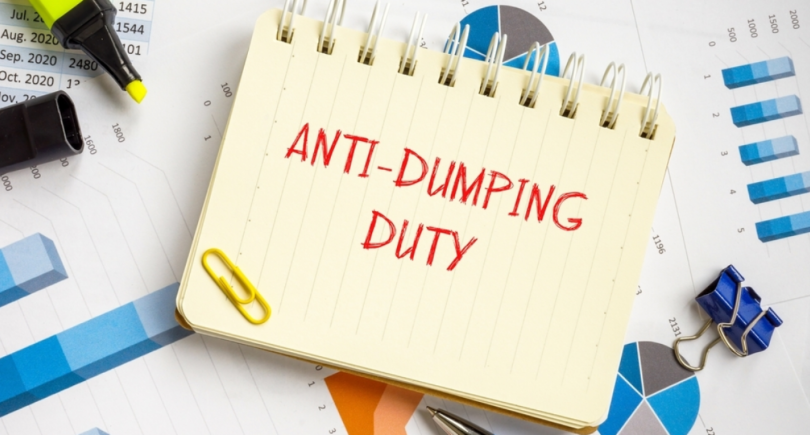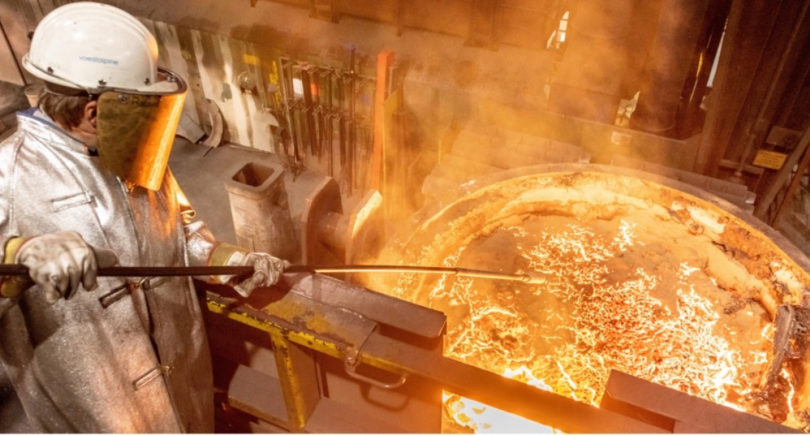
News Global Market EU 1057 06 July 2023
The company's facilities in Italy and France are currently idle. Suspension of bar production expected in Switzerland
The Italian producer of industrial bars and special profiles AFV Gruppo Beltrame announced the suspension of production at some enterprises in the European Union amid rising production costs. Kallanish reports about it citing company sources.
There are currently idle production lines at steel plants in Italy and France. It is expected to stop the production of sales bars in Switzerland, where rebar is mainly produced.
Expensive energy resources, especially in Italy, high prices for scrap and raw materials, combined with weak demand for finished products in Europe, are putting pressure on producers’ margins. Starting from July 10, the company will raise prices for some types of special profiles from stocks by €20/t.
In both Italy and France, the steel market stagnates during the summer, with consumers buying only urgent quantities despite low inventories, putting pressure on prices. Beltrame says it will continue to shut down profile and bar production in Europe during the summer, if necessary, to address overcapacity.
As GMK Center reported earlier, the Italian government is likely to cancel the tax credit and exemption of fees for the transportation and distribution of electricity for energy-intensive industries, in particular steel industry. The costs of Italian steelmakers for electricity may increase by 35%.
Now, French industry currently pays around €42/MWh, while German steelmakers pay €60/MWh. Taking into account the tax credit and exemption from electricity distribution charges, Italian steelmakers pay around €100/MWh. Without government assistance, energy-intensive industries will pay approximately €120/MWh.
Also, the European Commission called all EU countries to wind down current energy support measures by the end of 2023 to keep budget and fiscal targets within recommended limits. If new increases in energy prices are to be implemented again, they should be aimed at protecting vulnerable households and businesses, be affordable from a financial point of view, and maintain incentives for energy conservation.




